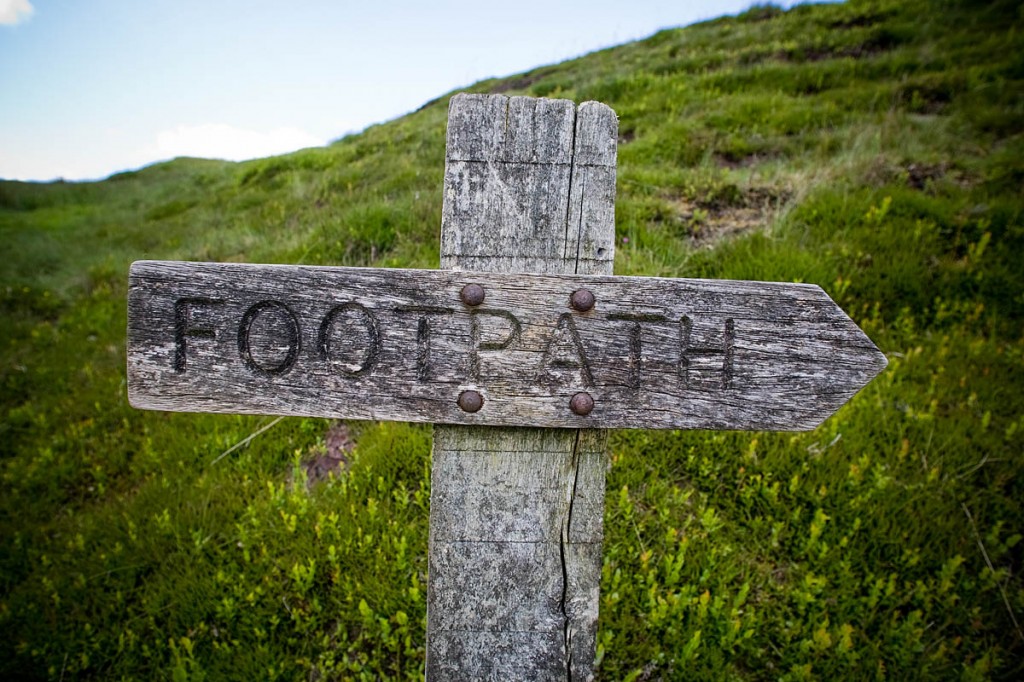An access expert has warned the clock is ticking for thousands of public highways.
Phil Wadey, vice-chairman of the Open Spaces Society, warned there are only 10 years left to save unrecorded rights of way in England and Wales.
A clause in the right-to-roam legislation introduced by the Labour Government in 2000 means walkers and riders will lose their right to use many footpaths and bridleways unless they are recorded on official maps.
Mr Wadey will speak at a meeting organised by the Gatliff Trust in London this Saturday. He is an expert in recording public paths on the definitive maps of rights of way.
He said: “On 1 January 2026, old footpaths and bridleways that are not recorded on the council’s official map of rights of way may cease to carry public rights.
“This is because the Countryside and Rights of Way Act 2000 contained a provision which will extinguish certain paths which existed before 1949 and have not been recorded on the official maps.
“This raises the prospect of stiles being changed into fences, field gates being locked and urban alleyways subsumed into adjoining properties. The challenge is to find out which paths are not officially recorded and to get your application in.
“Come to the talk to learn how to mobilise volunteers and to help undertake one of the most significant access initiatives for a generation, without spending thousands of pounds.
“We have only 10 years in which to complete the record of public paths in England and Wales. I shall explain how people can collect evidence to record paths in a way that is fun and rewarding. This is the sort of job that anyone who cares about paths and open spaces will enjoy.
Mr Wadey is co-author of the book Rights of Way, Restoring the Record.
Anyone wishing to attend the talk is asked to ring Peter Clarke on 0790 999 3863 or email him for details.
The Gatliff Trust was founded in 1961 by Herbert Gatliff who was an early enthusiast for the outdoor movement and youth hostels in the 1930s. The trust is dedicated to encouraging young people, especially those of limited means, to experience, explore and appreciate the British countryside. It focuses on providing small hostels, especially in wilderness areas such as the Outer Hebrides, and enabling people to experience the adventure of hostelling and personal exploration of the countryside.
